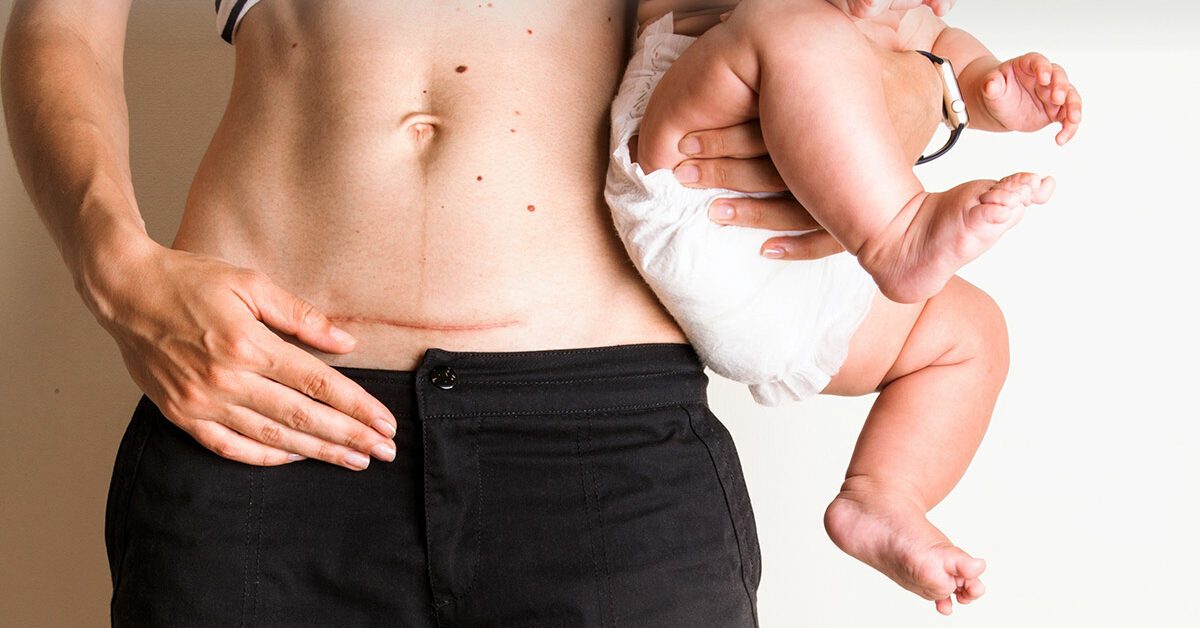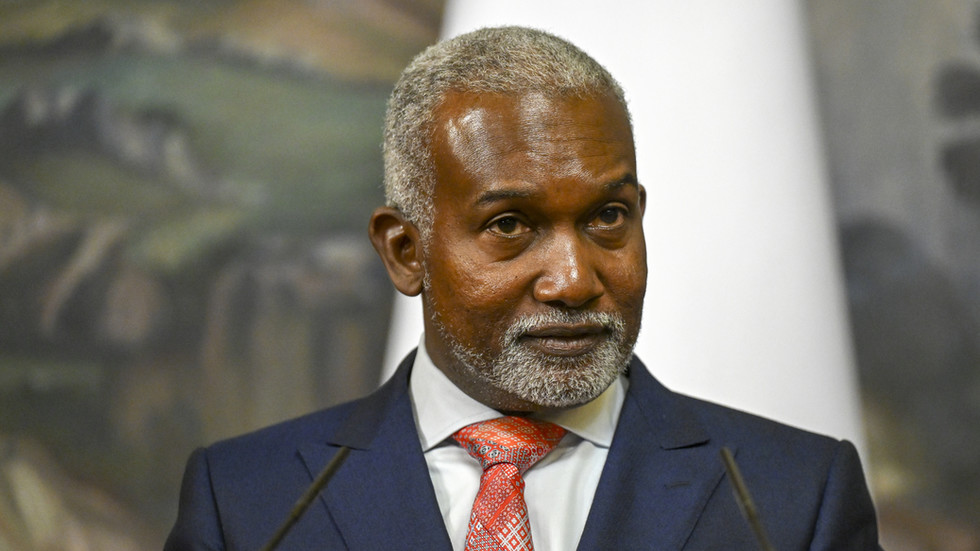Egypt currently has one of the highest cesarean section rates in the world, according to the Egyptian Health Council, ranking third after the Dominican Republic and Brazil, and the highest in the Middle East and North Africa, as of June 2025.
While cesarean sections can be life-saving in certain situations, their rapid and widespread increase in Egypt is a cause of concern about the state of maternal care in the country, according to a 2023 study by Doaa Oraby, a public health consultant, about the increased prevalence of caesarean section in Cairo and Gharbia Governorates..
Growing Concern Over Maternal Health
In 2005, fewer than one in five births in Egypt were delivered by cesarean section, also known as C-section. The rate climbed to 28 percent in 2008 and rose sharply to 52 percent by 2014. By 2021, it had reached a staggering 72 percent, almost five times higher than the World Health Organization’s (WHO) recommended range of 10 to 15 percent.
According to Abla Al-Alfy, Egypt’s Deputy Minister of Health and Population for Population and Family Development, the rising cesarean rates are a troubling sign for the country’s maternal health system.
She noted that natural delivery remains the global medical standard, while cesarean sections, which are major surgical procedures, should ideally account for no more than about 10 percent of births.
The International Federation of Gynecology and Obstetrics (FIGO) cited Egypt’s rising figures, as of June 2025, as a striking example of unnecessary cesarean sections recommended to patients for non-medical factors. Such reasons include limited public health funding, heavy reliance on private clinics, and economic uncertainty. The lack of affordable public care pushes patients toward costlier private facilities, and that, due to financial instability, may encourage doctors to recommend surgical deliveries due to their higher cost.
In 2017, Egyptian households paid 56 percent of the country’s total health-care costs out of pocket, far exceeding the 40 percent average seen in low- and lower-middle-income nations.
Additionally, many expecting mothers opt for cesarean sections to avoid labor pain, often unaware of the risks, and without a clear medical need, putting women at risk of serious complications.
While natural childbirth has risks, cesareans, like any major surgery, carry significant risks that tend to be more severe, including postoperative bleeding, higher chances of blood clots, and possible wound infections.
According to the WHO, caesarean sections should only be performed when medically necessary, such as in the case of prolonged labour, having multiple pregnancies, abnormal fetal presentation, or maternal health conditions, including heart disease, high blood pressure, or infections.
Labeled as an “epidemic,” WHO notes that during cesarean deliveries, mothers face a four to 10 times higher risk of death compared to vaginal births.
Governmental Crackdown on C-Sections
In an effort to confront the growing crisis, Egypt’s Ministry of Health and Population announced on 29 August 2025 a series of mandatory regulations for private medical facilities. The new rules are designed to promote safe, natural births and curb the widespread use of unnecessary cesarean sections.
Hossam Abdel Ghaffar, the ministry’s spokesperson, said the measures aim to safeguard the well-being of mothers and infants by enforcing evidence-based medical practices, strengthening oversight of birth statistics, and enhancing obstetrics and gynecology services in the private sector.
The initiative is part of the presidential program “The Golden 1,000 Days for Egyptian Family Development,” launched in August 2023. It focuses on the first 1,000 days of a child’s life, spanning pregnancy through the first two years—a critical window when roughly 85 percent of a child’s brain, physical development, and emotional growth takes place, according to the University of Minnesota.
The plan also includes introducing specialized training for obstetricians and midwives, along with the creation of “Mother-and-Baby Friendly Neonatal Units” that meet international standards.
Private medical facilities are now required to provide detailed monthly reports, tracking the total number of births, the share of cesarean deliveries classified by the Robson classification, endorsed by the World Health Organization in 2015, and the reasons behind each cesarean section.
The Robson Classification organizes deliveries into groups using routine obstetric data, including gestational age, previous cesarean sections, fetal position, number of babies, and how labor began.
Reporting began at the end of August this year and is expected to continue regularly. To make sure the rules are followed, the ministry has tasked health directorates in every governorate with monitoring compliance and evaluating how well medical facilities are performing.
Strengthening primary care and expanding health coverage are key to promoting natural childbirth and limiting and reserving unnecessary cesarean sections for necessary cases.
Reducing C-section rates depends on equipping hospitals for safe, affordable natural births, educating families, and legally protecting doctors. However, the biggest challenge is raising awareness about the risks of unnecessary surgery to mothers and incentivizing doctors to prioritize natural delivery.









